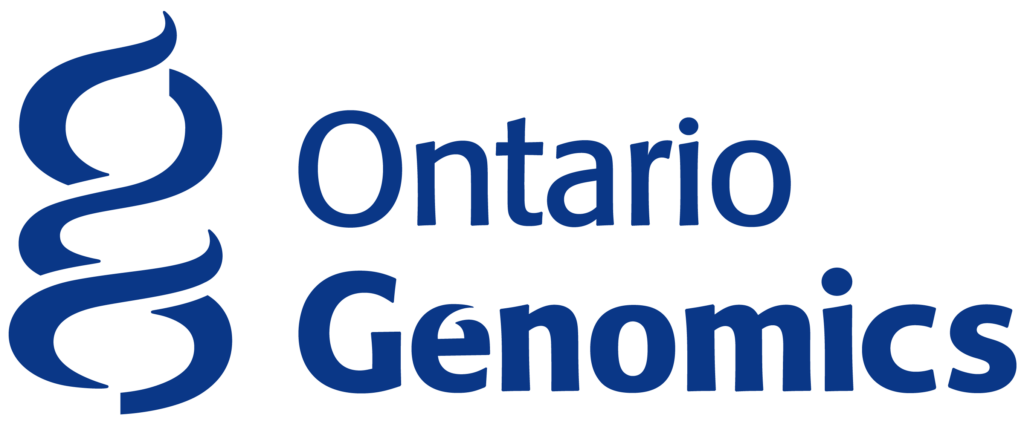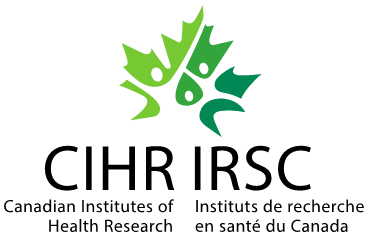Microbial genomics is transforming many domains, including epidemiology, agriculture, and global ecology, with high-throughput DNA sequencing now being used to examine hundreds to thousands of microbial genomes at a time. Effective analysis of genomes involves several steps including sequence assembly, annotation of functional genes and mobile genetic elements, pan-genome analysis, and phylogenomics. Each of these steps requires careful attention to quality control, software and parameter choices, interpretation of outputs, and visualization. The goal of the Microbial Genomics (MIG) workshop is to provide students with theoretical and hands-on experience into key steps of this analysis pipeline to support small- and large-scale analysis of genomic data. Course tutorials are designed as self-contained units that include example data and detailed instructions for installation of all required bioinformatics tools or access to publicly available web applications. Tutorial datasets will be One Health-focused but the techniques will be applicable to analysis of genomes collected from other habitats.
Microbial Genomics is immediately followed by a three-day CBW course that applies the skills gained in this workshop to infectious disease epidemiology (Part 2 – Infectious Disease Genomic Epidemiology). Microbial Genomics and Infectious Disease Genomic Epidemiology can be taken together or separately. The Microbial Genomics workshop focuses on foundational skills (no prior bioinformatics experience required) and is not specific to pathogens.
Over the course of Microbial Genomics, participants will gain practical experience and skills to be able to:
- Perform short-read, long-read, and hybrid genome assembly
- Apply quality-control filters to assembled genomic data
- Use general tools and specialized databases to perform genome annotation
- Annotate and compare mobile genetic elements
- Perform pan-genomic, population-genomic, and phylogenomic analysis
Graduates, postgraduates, staff bioinformaticians, laboratory technologists, medical microbiologists and PIs working with or about to embark on analysis of genomic data for comparative-genomic analyses. Open to all academia, industry, government, public-health, and hospital-based researchers and practitioners.
You will require your own laptop computer. Minimum requirements: 1024×768 screen resolution, 2.4GHz CPU, 8GB RAM, 100GB free disk space, recent versions of Windows, Mac OS X or Linux (Most computers purchased in the past 3-4 years likely meet these requirements).
This workshop requires participants to complete pre-workshop tasks and readings.
No experience with bioinformatics is required.
Day 1: Genome Assembly & Annotation (Jared Simpson / Gary van Domselaar)
- De-novo & reference mapping with some expanded focus on long-read methods
- ORF calling
- Annotation
- Quality assessment and quality control
- Comparative genomics
Day 2: AMR and Mobile Genetic Elements (Andrew McArthur / Rob Beiko)
- Review of available antimicrobial resistant (AMR) resources
- The Comprehensive Antimicrobial Resistance Database (CARD) Overview
- Identification of antimicrobial resistance genes
- Challenges of Detecting AMR in Metagenomics
- Mobile genetic elements and modes of transmission
- Tools to predict MGEs – what clues do we look for?
- Role and detection of lateral gene transfer
Day 3: Pangenomics & Phylogenomics (Aaron Petkau / Fiona Brinkman )
- Overview of microbial evolution
- Overview of population genetics of pathogens
- Review of phylogenetics
- Pangenomics tools/workflow
- Visualization and interpretation
Duration: 3 days
Start: May 01, 2025
End: May 03, 2025
Status: Postponed
Workshop Ended

Canadian Bioinformatics Workshops promotes open access. Past workshop content is available under a Creative Commons License.
Posted on:
 Download the poster announcing this workshop
Download the poster announcing this workshop



